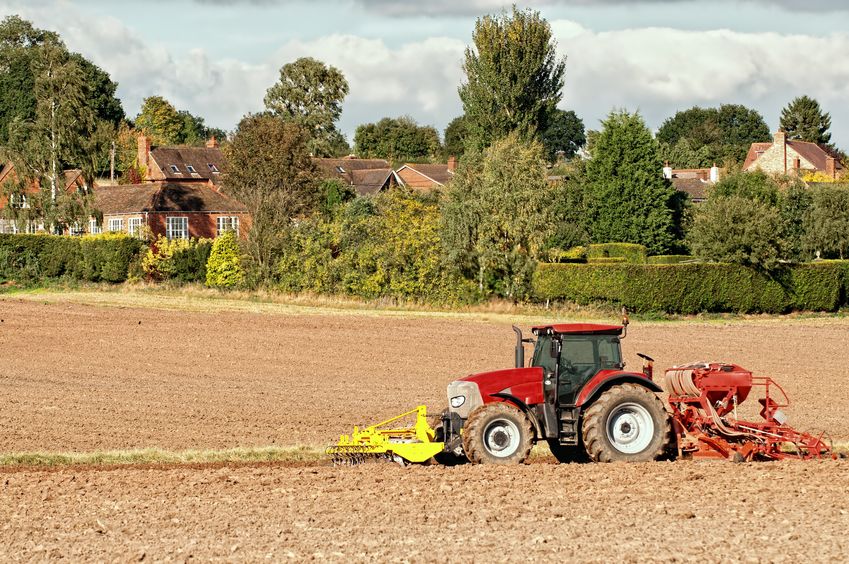
The government has requested a UK-wide exemption from the three crop rule for 2018 to support arable farmers affected by unusually heavy rain and snow experienced in recent weeks.
Farming Minister George Eustice has written to the European Commission to request the exemption.
The three crop rule is an EU requirement for farmers with more than thirty hectares to grow at least here different crops every year.
The severe weather the UK experienced this winter has impacted farmers in several ways, including their ability to meet this element of the Common Agricultural Policy’s crop diversification requirements, given that much of the main sowing period was characterised by heavy rain and snow.
Through no fault of their own, farmers in many areas have been unable to sow the crops they had intended to grow.
The improvement in weather conditions in recent days will help for some, but does not make up for lost time in the critical planting period.
'Concerns'
George Eustice has written to Phil Hogan, the European Commissioner for Agriculture and Rural Development, to request the exemption on behalf of England and the Devolved Administrations.
Farming Minister George Eustice said: “We have listened to the concerns raised by farmers and their representatives about the challenges caused by the recent weather conditions.
“With the help of the Devolved Administrations, we have put forward a detailed case to the European Commission for a derogation from the CAP’s Crop Diversification Requirement.
“Farmers will be making their final cropping decisions in the coming weeks, and we hope the Commission will inform us of their decision shortly so we can provide them with clarity.”
Early clarity on this requirement from the European Commissioner will allow farmers to make practical decisions that are in the best interests of protecting their soil in these difficult conditions, rather than seeking to meet an inappropriate EU requirement or face reductions in their subsidy payments for non-compliance.
